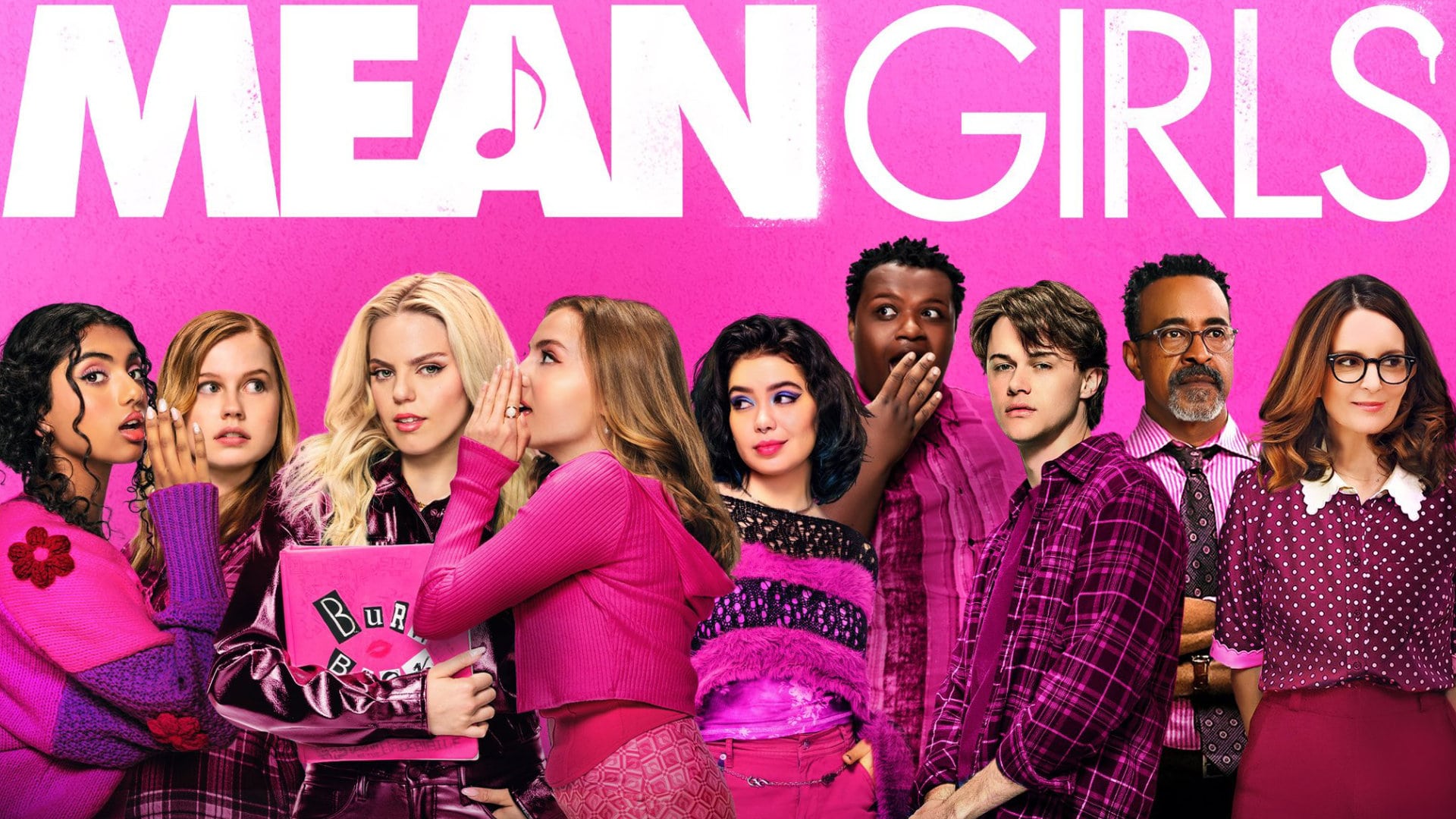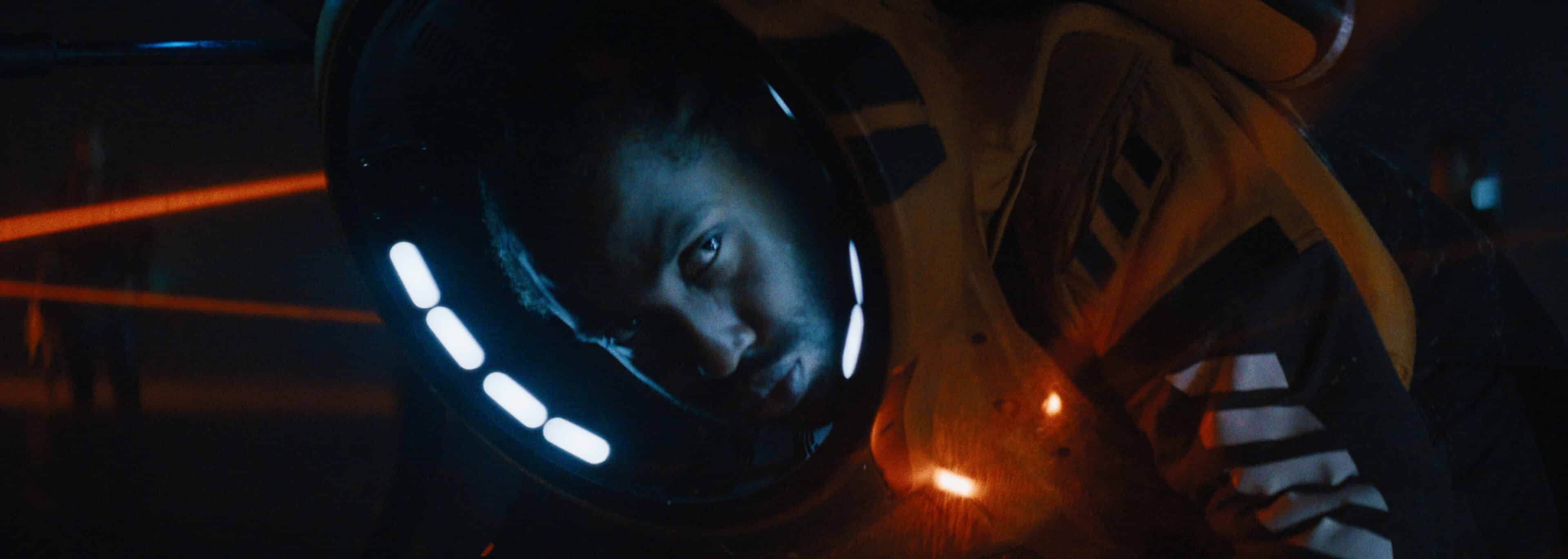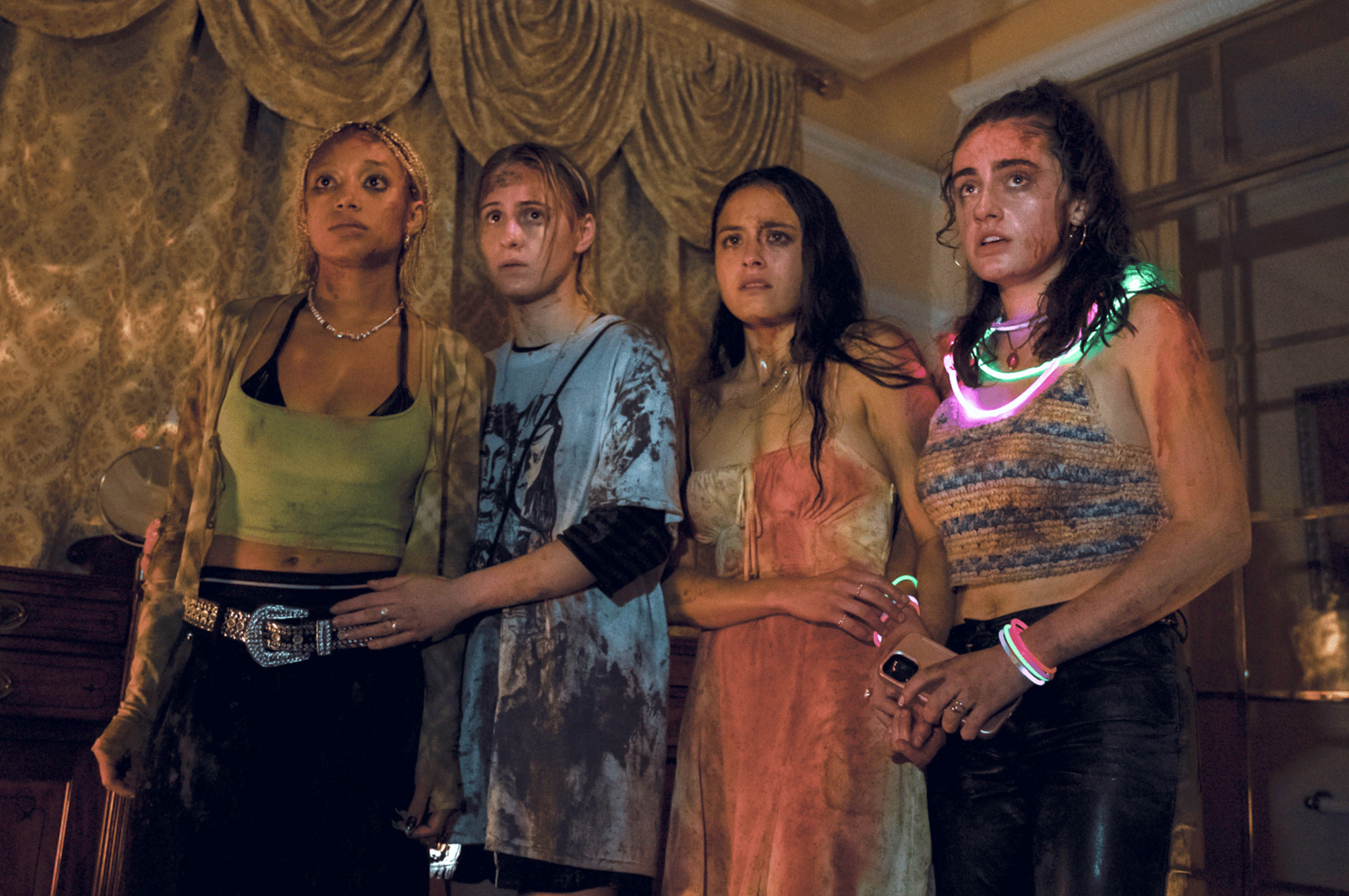Hidden Figures review: St. Vincent director Theodore Melfi brings this true story of the three African-American women mathematicians who helped propel the first American into space.
Hidden Figures review by Paul Heath, February 2017.

Hidden Figures review
Arriving in UK cinemas following a successful awards campaign that saw the film nominated for a Best Picture gong at the 2017 Academy Awards, Hidden Figures tells the untold story of a group of African-America women who helped propel John Glenn into orbit in the 1960s.
Katherine G. Johnson, Dorothy Vaughan and Mary Jackson are three names that will probably not register in memory of those that were around to remember the first time an American man was rocketed to space, but, as the title of the film suggest, were indeed three women who contributed hugely to the Friendship 7 mission of 1962. The three mathematicians are played in the film by Taraji P. Henson, Octavia Spencer and Janelle Monáe; three knockout performances that are virtually flawless in every way.

Hidden Figures review
Johnson, played by Henson, is the central character of the piece, a thirty-something single mother (and number genius) who happens to find a place within the NASA’s Special Task Group, challenged with calculating flight trajectories in the white-male dominated team headed up by Kevin Costner’s hard, though sympathetic leader Al Harrison. Vaughan – a stand-out Octavia Spencer – has a very different skill-set. Despite heading up the human ‘computers’, though sadly not given the official ‘supervisor’ title by boss Kirsten Dunst’s Vivian Mitchell, she self-teaches the language of Fortran, which will be the used in the impending installation of the IBM 7090 – a super-computer which threatens to replace her and her team. Janelle Monáe’s character of Jackson meanwhile has identified a flaw in the program’s experimental space capsule’s heat shields, something which encourages her to more pursue an engineering degree. The three women’s skill-sets are all explored in this hugely engaging film that charts their influence during the key events of early space travel at a time of huge change in the days of segregation and adversity.
Hidden Figures is a delight to watch all the way through. It is always engaging, largely down to its likeable cast, light-hearted, though informative, accurate screenplay, and brilliant score and song soundtrack by co-producer Pharrell Williams. As well as the three central characters, there is great support from Costner, delivering another well-honed performance reminiscent of his work in the similarly likeable McFarland U.S.A. from a couple of years back. Mahershala Ali continues his journey to super-stardom in a humbled performance as Johnson’s love-interest Coronal Jim Johnson and Big Bang’s Jim Parsons also pops up in a more serious role as Johnson’s competitive peer Paul Stafford.

Hidden Figures review
Writer/ Director Theodore Melfi provides an energetic and sun-glossed vibe to proceedings, aided massively from Williams’ funky-soul filled soundtrack which moves things along at an enjoyable pace throughout. Hidden Figures refuses to dwell on the negatives of the day, but instead focus on the massive positives contributed by these three remarkable women, and the film is all the better for it.
A very enjoyable, engrossing film that is pretty much recommended for viewers of all ages.
Hidden Figures review by Paul Heath, February 2017.
Hidden Figures is released in UK cinemas on 16th February 2017.

Latest Posts
-


Film Festivals
/ 13 hours agoGlasgow Film Festival to open with John Maclean’s ‘Tornado’
It has been announced that John Maclean’s Tornado will open this year’s Glasgow Film...
By Paul Heath -


Film Festivals
/ 14 hours agoBerlinale 2025: Competition line-up revealed
The full line-up for the 75th Berlin International Film Festival has been announced in...
By Paul Heath -


Film News
/ 18 hours agoMission: Impossible 8 screening gets positive first reaction
A small screening of the next ‘Mission: Impossible’ movie has reportedly taken place and...
By Paul Heath -


Film Reviews
/ 20 hours ago‘The Brutalist’ review: Dir. Brady Corbet (2025)
We review Brady Corbet's awards-tipped feature.
By Kat Hughes











